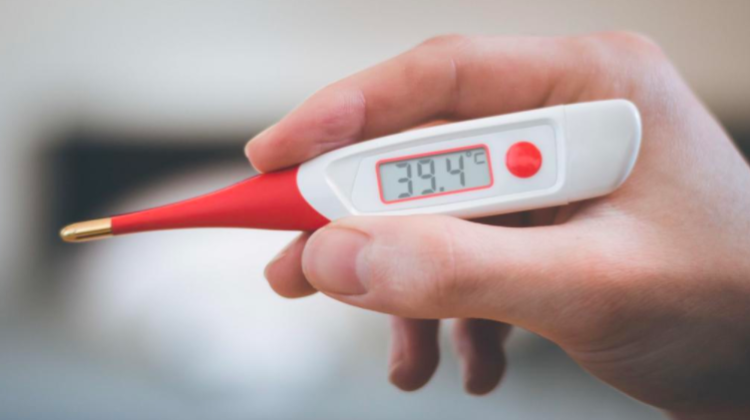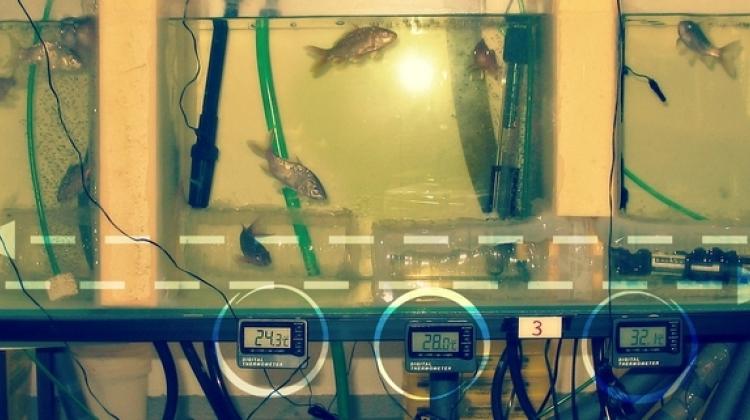Expert: Research on fever can help fight cancer
 Photo: Fotolia
Photo: Fotolia
After the period of fever, implantation of cancer cells causes their death, says Prof. Wiesław Kozak from the Nicolaus Copernicus University in Toruń. The scientist who researches fever notes that this phenomenon has been observed in rodents, but in his opinion it is "probable" also in humans.
The researcher points out that every often ongoing research on fever brings new discoveries.
"A very interesting phenomenon that we have observed is that the feverish process determines of the phenotype (a composite of characteristics or traits - ed. PAP) of the immune system with which the body will function in the future. It persists in the body for some time following the occurrence of fever caused by an infection. But the most important thing is that this phenotype is toxic to cancer cells" - says Prof. Kozak.
He adds that so far research has been conducted on rodents - rats, but in the near future it is also planned to check the probability of the occurrence of an immunological phenotype in humans.
"The phenomenon observed in rodent studies is very positive. After a period of fever caused by an infectious agent in a rat - an implantation of cancer cells in that rat causes a reaction due to which these cells die very quickly, they are simply destroyed by T gamma/delta lymphocytes that persist in the body after the period of fever. This is observed both in vitro and in the body" - the expert explains.
He emphasizes that this important discovery will be verified in further studies.
"We will also test this in a human population. We have already signed a cooperation agreement with the Cancer Genetics Laboratory in Toruń concerning tests on patients diagnosed with breast cancer. We will check which immunological phenotype occurred in these patients before the onset of disease and during treatment. Genetic studies conducted at the laboratory show that there are changes in the genome in people at risk and cancer patients. There is a certain genetic mutation in their genome. We have to check whether and how it is linked to the immunologic phenotype, and specifically to the ratio of cytotoxic cells to cancer cells" - adds Prof. Kozak.
In his opinion, learning to induce fever in people whose ability to have fever has been blocked and disappeared could be an opportunity for anti-cancer prophylaxis. The number of these people continues to grow in Poland and in the world.
"We should learn how to cause the occurrence of this phenotype in these people. We need to show which signals in the body must be activated in order to create such an anti-cancer phenotype" - concludes Prof. Kozak.
PAP - Science in Poland
author: Tomasz Więcławski
tr. RL
twi/ gma/ kap/
Przed dodaniem komentarza prosimy o zapoznanie z Regulaminem forum serwisu Nauka w Polsce.
















